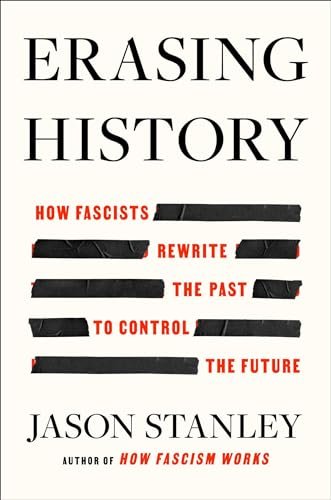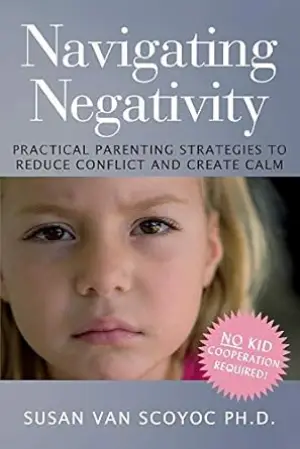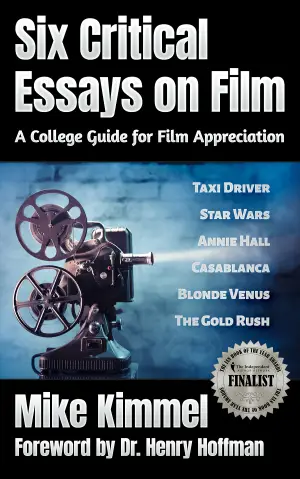Unraveling Narratives: A Review of Erasing History: How Fascists Rewrite the Past to Control the Future by Jason Stanley
When I first stumbled upon Jason Stanley’s Erasing History: How Fascists Rewrite the Past to Control the Future, I was drawn in by the provocative title and the promise of a deep dive into the mechanics of fascism. As a student of history, I often ponder how narratives are constructed and manipulated, so I eagerly delved into this e-ARC, graciously provided by Atria Books and NetGalley in exchange for an honest review.
From the outset, Stanley, a professor specializing in the philosophy of education, lays the groundwork for a critical examination of how powerful forces seek to reshape historical narratives. His assertions resonate deeply with current events, making the book feel incredibly timely. At its core, Erasing History argues that fascists feel threatened by a democratic, pluralistic approach to history—acknowledging multiple perspectives not only highlights the value of various individuals but also threatens the very foundation of fascism, which thrives on a singular, powerful narrative.
One of the most striking aspects of this book is Stanley’s exploration of key themes like settler colonialism and nationalist supremacy. His examination of "civilization savagism" truly made me pause—how colonial powers often justify their actions by labeling Indigenous populations as deserving of subjugation. Concepts like the vilification of the left and the five themes of fascist education, including national purity and strict gender roles, felt particularly relevant given ongoing discussions about identity and power dynamics in modern society.
However, I found myself wishing for a more discerning definition of fascism and a focus on its rising tide within the U.S. context. Stanley provides numerous historical examples, from Nazi Germany to contemporary Russia, but I felt that the breadth of his analysis risked downplaying the urgency of recognizing fascism’s creeping influence in America today. This can create an impression that, while problematic, the U.S. is not faced with a pressing existential threat, which is simply not the reality for many of us.
Stylistically, Stanley’s writing is clear and accessible, though at times it becomes densely packed with information. His framing of historical examples offers a fertile ground for discussion, though I craved a more direct call to action regarding combating fascism in our own backyard. It was also perplexing that while he readily designates various modern atrocities as genocides, his treatment of Israel’s actions towards Palestinians felt cautious, creating a dissonance that could leave readers questioning the rigor of his argument.
In conclusion, Erasing History is a significant resource for anyone looking to understand the foundations and dangers of fascism. Despite its limitations, it acts as a solid introduction for those beginning to untangle the lessons of history that many of us have inherited. I would recommend this book to readers eager to engage critically with the past and present of societal narratives, particularly those who appreciate a philosophical grounding to current events. Ultimately, Stanley’s work guided me to reflect deeply not only on established histories but also on the collective responsibility we hold to preserve the integrity of our stories.
[ad_2]
Discover more about Erasing History: How Fascists Rewrite the Past to Contr… on GoodReads >>







